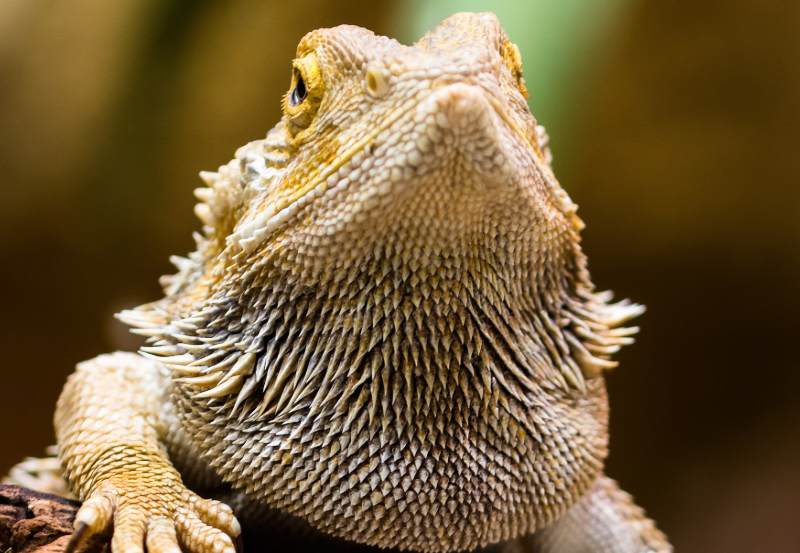You want the very best for your bearded dragon, including the best diet. But it can be a little overwhelming to figure out what insects to feed your reptile friend. Should you choose crickets? Worms? Roaches for your bearded dragon? There are a lot of options available to you and your pet.
Whatever you choose to feed your dragon, consider making Dubia roaches a regular part of your beardie’s diet. The Dubia roach is an excellent choice for babies, juvies, and adult dragons alike. They love this tasty and nutritious treat, and you’ll love how easy it is to keep them compared to other feeder insects.
Dubia Roaches for Bearded Dragons: Part of a Healthy Diet
In the wild, dragons experience life much differently than in captivity. With constant exercise and a menu of insects and vegetation all around them, they don’t face much of a malnutrition risk.
This isn’t the case for domesticated dragons. Pet beardies rely on you to ensure they receive a well balanced diet to prevent health problems such as obesity, gut impaction, and metabolic bone disease. A healthy dragon is a happy dragon, and Dubia roaches are an excellent way to provide nutrients that fuel a long and enjoyable life.

Best Roaches for Bearded Dragons
Compared to other feeder insects and even other roaches, Dubia roaches are one of the best choices for several reasons:
- Lots of protein. Dubia roaches have a little secret in the insect world: they offer five times the nutritional value of other live feeder insects. Plus, they are very low in fat and bursting with protein (up to 54%, in fact!), which is vital for your growing baby or juvenile dragon’s development.
- Easy to digest. Many feeder insects, including crickets (a favorite dragon treat), contain a protein called chitin in their exoskeleton. Typically this protein will increase as the insect ages. Dubia roaches have less chitin, and it does not increase, so dragons can digest them more easily—especially elderly dragons.
- Customizable nutrients. Whatever you feed your roaches will eventually end up in your dragon. Dubia roaches can consume up to three times their weight in food, so you can feed them large quantities of veggies and fruits that contain the vitamins and minerals your dragon needs most. (You can also gut load your roaches with food specifically made for their nutrition, like our hearty Roach Chow.)
- The perfect size. Dubia roaches range in length from around half an inch to nearly two inches. You can choose the right size for your dragon based on his age and activity level.
- Interactive eating. Bearded dragons just love to chase down and devour Dubia roaches. Why not give your beardie a little taste of her wild side?
Pro Tip: If your beardie is on the timid side, Dubia roaches may not startle him as much as hopping crickets.
Dubia Roaches Are Easy to Keep
Some people have to move past their fear of roaches (or roach infestation) to feel confident about feeding Dubias to their bearded dragon. Just the idea of bringing a roach into your home might cause you to think twice. Luckily, with Dubia roaches you’ve got nothing to worry about. It's very easy to keep and care for Dubia roaches:
Dubia roaches can also save you money since they have a long lifespan (up to two years). All things considered, you can’t go wrong enhancing your bearded dragon’s well-balanced diet with some delicious and nutritious Dubia roaches.
If you have questions or would like to give feedback, please email us at team@dragonsdiet.com








